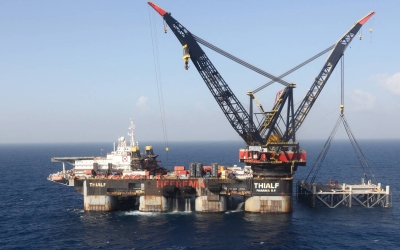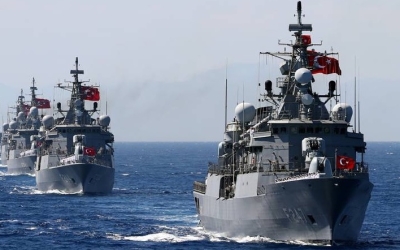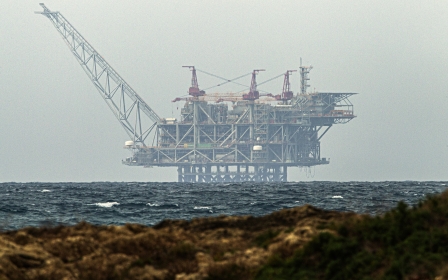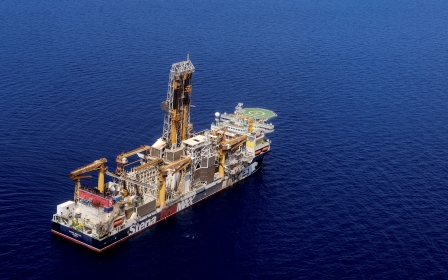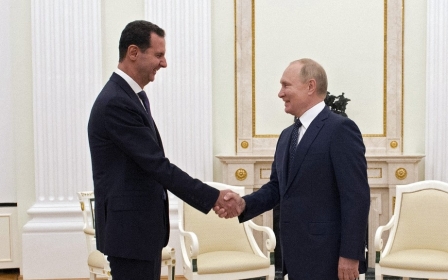Sending gas to Lebanon via Syria unlikely to violate sanctions: US official
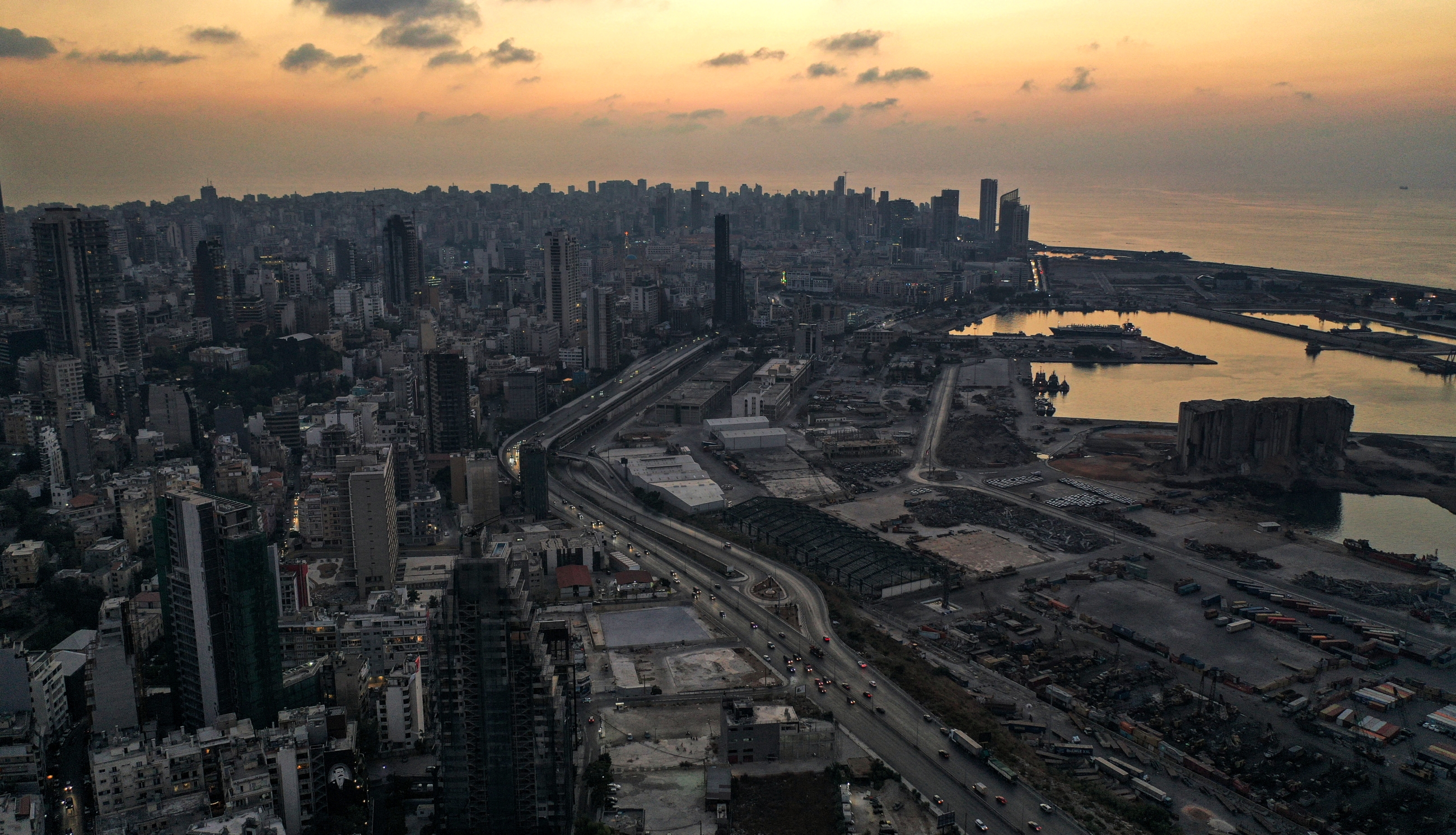
A plan to send gas to cash-strapped Lebanon via Syria is not expected to violate US sanctions, the US’s top energy advisor, Amos Hochstein, said on Tuesday, signalling that the stalled plan to address Lebanon’s energy crisis may be revived following Beirut’s maritime deal with Israel.
“The US has always been committed to getting that deal through,” Hochstein said. “We are going to work with the World Bank and Treasury Department to make sure that it first doesn’t affect any sanctions, which I think we are okay on, but we will have to have a determination formally.”
The US floated a plan last year to ship gas from Egypt to Lebanon via the Arab gas pipeline running through Jordan and Syria.
Lebanon is currently in the grips of a devastating economic crisis the World Bank says could rank as one of the worst in the world since the 1850s. Lebanese who cannot afford to run a private generator have about two hours of electricity per day.
Lebanon, Egypt and Syria signed a gas agreement in June. While the proposal has received support from regional countries, it has been met with opposition in the US Congress over concerns that it will provide a financial lifeline to Syrian President Bashar al-Assad.
Meanwhile, Egypt has called for assurances from the US that it will not be penalised for violating Caesar Act sanctions over the arrangement.
Middle East Eye reported previously that the Biden administration had been slow-walking action on the plan as a way to maintain leverage with Beirut in its maritime negotiations with Israel.
The two neighbours, still technically in a state of war, settled their long-running maritime dispute earlier this month under US mediation. The agreement will allow both countries to tap lucrative gas deposits in their Exclusive Economic Zones (EEZs).
Israel is already primed to start extracting gas from one of the fields that fell in the disputed area. London-listed Greek oil and gas explorer Energean began testing pipes from the Karish gas field last week, a final step towards production.
Lebanon’s exploration efforts have been hamstrung by corruption and political gridlock. Analysts caution that the country is still years away from monetising its gas deposits.
As part of the agreement with Israel, Lebanon received rights to the Qana gas field, which is set to remain in both neighbours' waters. French energy giant Total is expected to develop Qana and will compensate Israel for its share of any gas discovered.
“It’s going to take a few years to get gas out of that [Qana] field,” Hochstein said, speaking at an event hosted by The Middle East Institute and The American Task Force on Lebanon.
“[But] we can get to a point where, while we are doing that, if we can get as much gas into Lebanon from Egypt and electricity from Jordan in the meantime, that would be very important,” he added.
Security and stability
World Bank funding for Lebanon to purchase energy is conditional on the government enacting reforms that include increasing the tariffs on its electricity.
Hochstein said the changes were “relatively minor” and that “all the work” has already been done.
The maritime agreement comes as Europe is scrambling to find alternative sources of gas, following Russia’s invasion of Ukraine and subsequent sanctions on Moscow. Israel and Egypt have signed agreements with the EU to boost gas exports, but analysts caution the effect could be minimal.
Israel’s gas output is about 20 billion cubic metres (bcm). While that number ticked up 22 percent in the first half of this year, it’s still far from what Moscow supplied Europe. In 2021, the EU purchased 155 bcm of gas from Russia.
Regional diplomats and energy officials are hopeful that the deal struck between Israel and Lebanon can help propel interest in the wider region. The negotiations, which had dragged on for years, took on new urgency after Lebanese Iran-backed Hezbollah sent three unarmed drones over the Karish field this summer. They were intercepted by the Israeli military.
Hochstein said the agreement was positive for the “security and stability for the entirety of the Eastern Mediterranean”.
The deal comes at a time of heightened tensions in the region, with Greece and Turkey clashing over a gas exploration deal Ankara struck with Libya. Efforts to develop potentially lucrative gas deposits in the Eastern Mediterranean have long been frustrated by geopolitical tensions.
Hochstein added that following the maritime deal, it would be “prudent” to revive conversations about settling a simmering land boundary dispute between Israel and Lebanon, though he cautioned against expecting a step towards normalisation of ties with Israel akin to the UAE and Morocco.
Middle East Eye propose une couverture et une analyse indépendantes et incomparables du Moyen-Orient, de l’Afrique du Nord et d’autres régions du monde. Pour en savoir plus sur la reprise de ce contenu et les frais qui s’appliquent, veuillez remplir ce formulaire [en anglais]. Pour en savoir plus sur MEE, cliquez ici [en anglais].


